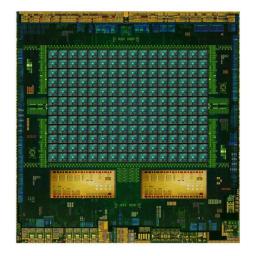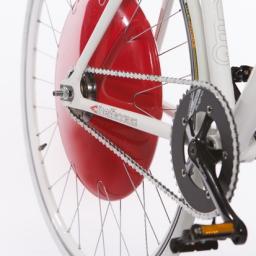Lunduke says the LXDE Desktop is "Nothing to write home about"
Somebody just go ahead and call this article a troll. That's essentially what it is. But heck, maybe it will get some discussion going. Linux pundit Bryan Lunduke over at Network World has spent some time using the LXDE desktop and writes, I've used LXDE for weeks, and I'm still having trouble finding much to say about it. That's not a good sign. What the hell, man?
I feel like, after all this time, I should have something interesting to talk about. But I just plain don't.I'm not sure what the issue is: in my opinion, LXDE is simple, intuitive, and stays the heck out of your way so you can work. How can that possible be a negative? So, go ahead: insult the author. Then the guy who submitted this article (me) and posted it (me again). Then discuss. I'm verklempt.
It's fast, blisteringly fast. And it's damned lightweight too. After that, things get pretty boring. LXDE is built on GTK+, which means GTK-based apps are right at home. So that's a plus, I suppose. Though that really isn't a problem on any desktop environment I've tried so far. But" you know" it's something that I can write down about it. After that, things get average and mundane" in a hurry.


